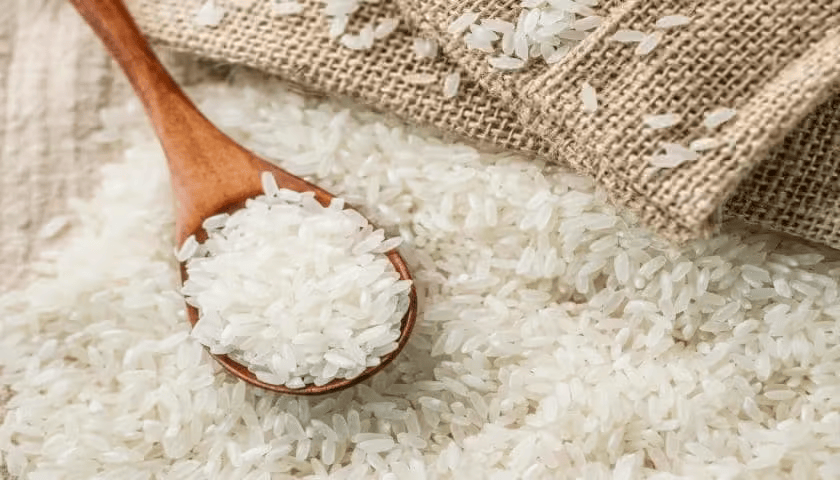Tags
Ghana to import one million metric tons of rice amid rising domestic production
Ghana is importing rice despite milled rice production being forecasted to reach 900,000 metric tons this season.

GHANA – Ghana is projected to import one million metric tons of rice for the 2025/2026 season, accounting for more than half of the country’s total rice demand, according to the latest annual Grain and Feed report from the US Department of Agriculture (USDA).
This comes despite an 18 percent increase in domestic milled rice production, which is expected to reach 900,000 metric tons this season, driven by improved weather conditions and increased farmer participation.
The USDA report highlights that Ghana’s rice consumption is forecasted to rise to 1.8 million metric tons, up from 1.75 million, fueled by a growing population of over 34.6 million and shifting dietary preferences.
Rice has solidified its position as Ghana’s second most important cereal after maize, with per capita consumption now at 51 kilograms. However, the reliance on imports, primarily from Vietnam, India, and Thailand, continues to dominate the market, making up 70 percent of rice sales in the country.
Local rice production faces significant challenges, including inadequate irrigation infrastructure, low mechanization, and limited processing capacity.
These structural issues hinder domestic producers’ ability to compete with imported rice, which is often preferred by urban consumers for its perceived quality and affordability. The report notes that Vietnamese imports, in particular, pose strong competition due to their lower prices.
Rice prices in Ghana have experienced significant volatility. Between March 2024 and January 2025, the average price of a 100kg bag of rice surged by 225 percent, from GH¢200 (US$18.29) to GH¢650 (US$59.44).
Although prices dropped to GH¢400 (US$36.58) by March 2025, they remain double the cost from a year prior. The Ghana Meteorological Agency’s prediction of normal-to-below-normal rainfall and extended dry spells in 2025 raises further concerns about the sustainability of local rice production and the resilience of farming systems.
Despite government efforts to boost local production, such as providing seeds and introducing import tariffs, the high cost of local rice and inconsistent quality continue to drive consumer preference for imported varieties.
The USDA emphasizes that without significant policy interventions to address irrigation, mechanization, and processing bottlenecks, Ghana will remain heavily dependent on imports, exposing the country to global market fluctuations and currency risks.
https://millingmea.com/ghana-to-import-one-million-metric-tons-of-rice-amid-rising-domestic-production/Published Date: August 21, 2025






